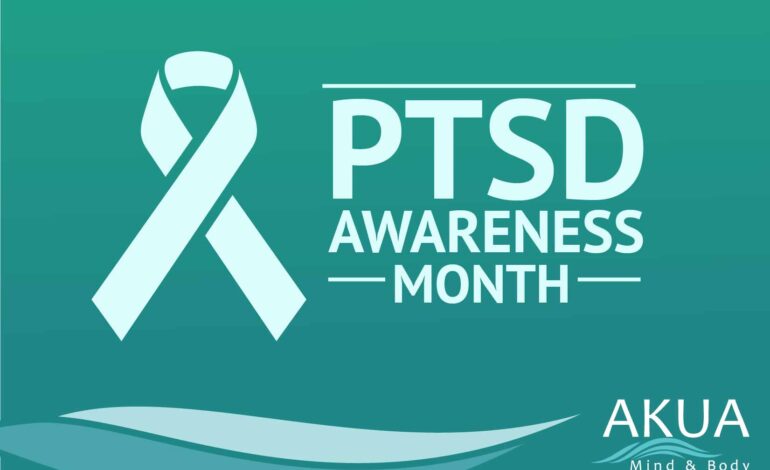Do you feel overworked, have trouble sleeping or feel depressed? In our daily lives, we rarely think about how stress affects us in the long-term. However, over time, chronic stress can have debilitating effects on the body and mind. Chronic stress can impact nearly every system in the body, including the brain. Read on to learn more about the effects of chronic stress on the body and brain, and some healthy strategies that can help you manage your stress in healthy ways.
What Happens When We’re Stressed?
Although it might be unpleasant, short-term stress isn’t always a bad thing. During the stress response, the hippocampus tells the adrenal gland to release adrenaline (i.e., epinephrine) and cortisol (i.e., the stress hormone). These hormones are important for enhancing our alertness and providing us with the energy and focus we need to run away or stand our ground and fight.
The body’s response to stress plays a critical role in our survival and adaption because it allows us to recognize dangerous situations and react accordingly. When we’re confronted with positive or negative life situations such as getting married, starting a new job or the death of a loved one), our brain triggers a series of physiological changes(e.g., glucose released by the liver, slowed digestive activity, increased heart rate, etc.). which help to boost our performance.
The Negative Effects of Chronic Stress
However, too much stress over a long period of time can affect virtually every organ in the body. Chronic stress can make it difficult for our bodies to fight off infections and disease. it can also heighten our risk for a plethora of physical and mental health problems like insomnia, obesity and high blood pressure.
In addition, due to elevated cortisol levels in the body, chronic stress can contribute to brain changes (e.g., reduced hippocampal volume) that can increase a person’s risk of developing anxiety, substance abuse, and depression, according to researchers at the University of California, Berkeley.
People who do not have effective coping skills or who tend to rely on unhealthy behaviors to self-medicate, including smoking cigarettes, drinking or using drugs can compound the negative effects of chronic stress on their physical and mental health.
Healthy Strategies to Cope with Stress
It is important to find healthy ways to deal with stress to minimize the negative effects of stress on your body and brain. Here are seven healthy strategies that can help you combat stress:
Eat a Healthy Diet
Make sure to take care of your overall health. Having a healthy diet can help boost your immune system and help to keep your blood pressure in check. At the same time, eating comfort foods (e.g., carbohydrates) can boost levels of serotonin, which can stabilize blood sugar levels and counter the negative impact of stress.
Regularly Exercise
When we exercise, our body releases endorphins, which can help improve sleep, fight fatigue and improve alertness and cognitive function.
Laughter is the Best Medicine
There are many short- and long-term benefits of a good laugh, including increased circulation, muscle relaxation, and pain relief.
Get a Hobby
Hobbies like listening to music, writing, playing an instrument or other activities can be a healthy outlet for stress. Sports, hobbies and other activities give you purpose and something to look forward, which can improve mood.
Try Relaxation Techniques (e.g., deep breathing, tai chi, yoga, meditation, etc.):
Practicing techniques such as deep breathing or meditation can help to invoke the “relaxation response,” which, in turn, reduces stress.
Spend Time with Friends and Family
Spending quality time with friends and family can help you deal with stress because it gives you someone to confide in, which can help to blow off some steam. One study found that people who have supportive friends and family are better able to deal with stressful situations because their bodies produce less cortisol than those who were handling things on their own.
Learn Time Management
Learning how to manage your time helps us feel more in control of situations and gives us a realistic evaluation of how we’re spending our time, so we can make changes accordingly.
AKUA Treatment Programs
It is important to find healthy ways to deal with stress to minimize the negative effects of chronic stress on your body and brain. Remember, it’s okay to ask for help or seek professional assistance if you feel you cannot cope with stress. It is also important to seek help if you’re drinking, using drugs or engaging in other unhealthy behaviors. There are some stress-related conditions such as post-traumatic stress disorder (PTSD), which may require help from a professional.
At AKUA Mind & Body, we incorporate healthy ways for clients to manage stress in their treatment and recovery to help them have the best chance at a long-lasting recovery. For more information about AKUA’s treatment programs for men and women with addiction, mental illness, and eating disorders, contact our 24/7 helpline.
24/7 ADMISSION HELPLINE 888-629-6707




